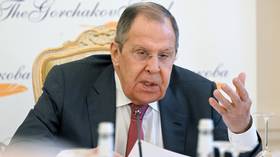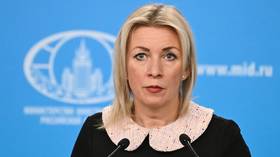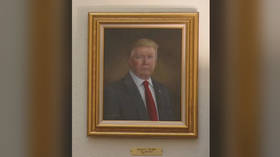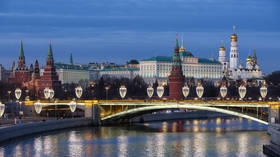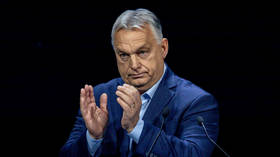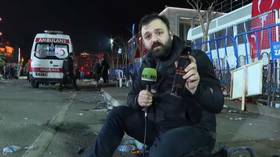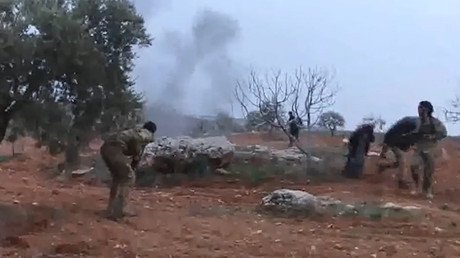Not YouTube's business: Russian telecom watchdog tells Google to stop promoting unsanctioned rallies
Russian regulator Roskomnadzor told Google it must curb use of its video platform YouTube for promotion of opposition rallies, after sanctioned protests in Moscow ended up with some activists being spurred to take illegal action.
The regulator said “a number of structures that operate YouTube channels have been purchasing YouTube advertising instruments (i.e. push notification) to disseminate information about unsanctioned (unlawful) mass gatherings” in Russia. Some users of the platforms, who never subscribed to said channels, received such unsolicited messages, Roskomnadzor (RKN) said.
Google, which owns YouTube, was notified that it should stop such use of its platform or face consequences, the Sunday statement said. The company did not immediately respond to the allegations.
A claim that YouTube had been used to promote unsanctioned rallies was alsomade on Saturday by Senator Andery Klimov, who chairs an ad hoc commission on state sovereignty protection and foreign interference prevention. He said Russia’s “foreign opponents” tried to manipulate opposition activists and convince them to take part in an illegal demonstration earlier on in the day.
There was a sanctioned rally in Moscow on Saturday, where tens of thousands of people showed up to protest what they see as an attempt to suspend opposition candidates from the upcoming city council election. The event went smoothly, but after it was over some of the attendees, according to reports, proceeded to protest during a walk to the city’s center in what the police called an unsanctioned protest march. Some 130 of those people were detained.
Also on rt.com Over 130 detained in Moscow after protesters break off from peaceful rally to walk the streetsAccording to Klimov, the unsanctioned sequel was encouraged by push notifications sent to people, who took part in the sanctioned protest. The lawmaker said this could not have happened “without the complicity of certain Western organizations, owners of the relevant network companies.”
Neither the senator nor RKN publicly offered an example of the alleged incendiary messages or detailed how many people may have received them.
Like this story? Share it with a friend!



